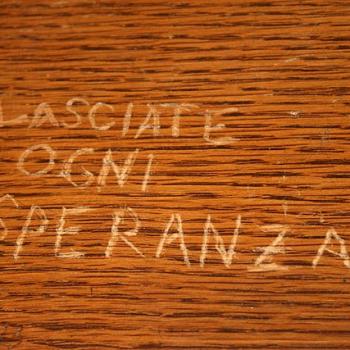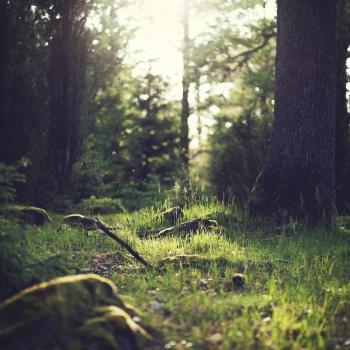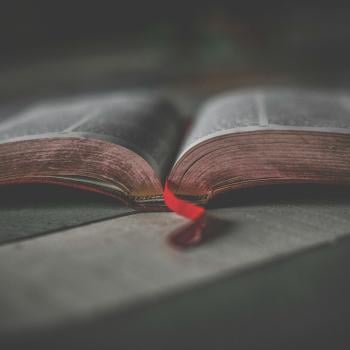Editors' Note: This article is part of the Patheos Public Square on the Future of Faith in America: Catholicism. Read other perspectives here.
A question about the future of a Catholic future is interesting to me because it reveals an anxiety that is often overstated, as if being anxious were a troubling trait of the present. For Christians, scripture tells a different story. Anxiety and uncertainty have always been a part of the Judeo-Christian psyche. Indeed, the Messianic idea that the kingdom of God is only certain with respect to its total unpredictability reveals that the insecurities of today are not wholly distinct from the ones of yesteryear. In other words, anxiety about a future is a remarkably Catholic thing to wonder about in any time or place.
One approach to this question that strikes me as being wholly mistaken is the demographic one. If the future of the Church's future is treated as a quantitative question for social scientists to figure out, then that particular sense of the future has very little to do with Catholicism itself. It is a generic question we could ask about anything else. Bees or broccoli. It is simply concerned with brute survival. This is not the sort of Catholic future I wonder about.
A Catholic future begins with a capacity of the soul and the imagination, a capacity to seek and see with a certain quality of vision across space and time, a universal vision, a vision with breadth and depth, even dipping into eternity. That eternity is rarely discussed in conversations about the future of Catholicism shows that perhaps we do not care about a Catholic future and only want to know the projected status of collection plates, tax exemptions, and culture wars. While concrete and material realities do matter to some extent, perhaps they matter less today, in an era of microscopic and anemic human blindness, than the scope of the question, the scale of the future we have in mind. Any journalistic sense of future here will not do for something as vast and toothy as a Catholic one. Any futurity that can be estimated and counted-out in calendars and pews will not do.
This particular sense of the Catholic future I have described through negation is the future that is in some peril: the poetic, the sublime, ecstatic excess, the tragicomic and the ordinary, terms that are not predetermined or plastic. Of course this is only a temporary peril, a historical and fleeting risk, but one that is immediate today as a consequence of the way the conversation has been curated and digitized by modern society. Does today's sterile sense of future have any room for a distinctly Catholic future, for a rangy and deranged sense of futurity?
The scandal of Catholicism is its most radical future. By this I mean that what makes a Catholic future seem so impossible and scarce nowadays, and in days gone by, is perhaps the most enduring confirmation of its presence. The Cross. When Catholics decide to think and see and speak of their future in this radical way, with these terms and images, eschewing relevance and romance, then I think we may bring a Catholic future into the present, imitating the immanence of the Incarnation.
7/15/2015 4:00:00 AM




